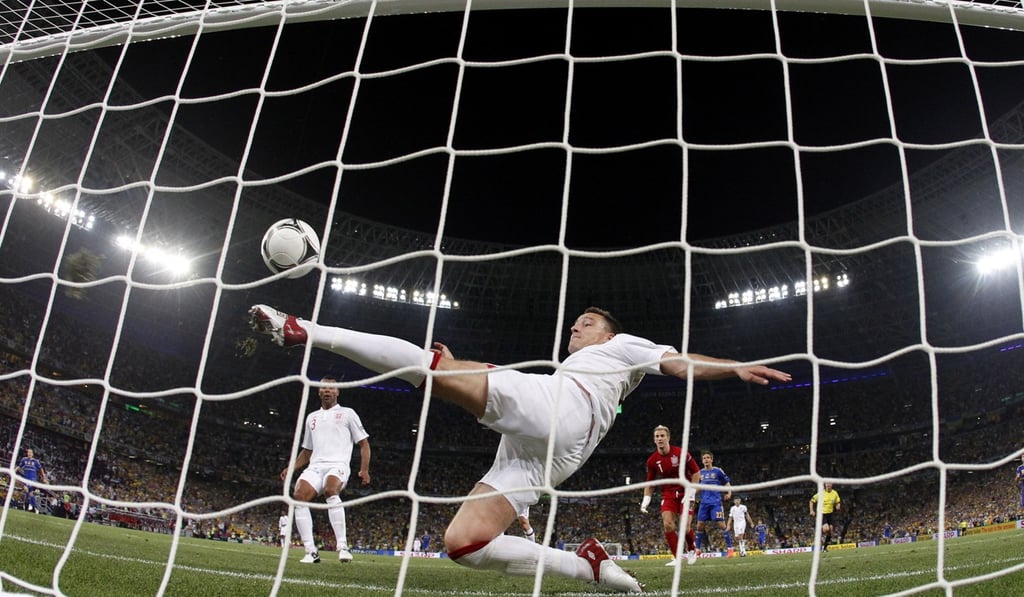Asian Angle | Only Asia can save Russia and the West from themselves
The long-held strategy of sitting on the sidelines as Washington, Nato and Moscow clash is growing stale for Beijing, New Delhi, Tokyo and other Asian power centres

The recent massive, two-way diplomatic expulsions by Moscow and multiple European and North American capitals prove once and for all that, between Russia and the West, it is only Asia that has not been radicalised. Indeed, it is only Asia that can save Russia, Ukraine and the West from themselves.
How did we get here? Back in 2012, when I was visiting professor at the Lee Kuan Yew School of Public Policy in Singapore, my distinguished colleague Kishore Mahbubani, then dean, would say that Asia was at peace, but with every prospect of war, while what was wonderful about Europe was that there was peace with absolutely no prospect of war.
In that same year, in an American presidential debate, Barack Obama, then far more exercised by the disintegration of the Middle East and the Iranian nuclear question, ridiculed the suggestion made by Mitt Romney, his Republican opponent, that Russia was America’s main geopolitical adversary.

Meanwhile, what was happening in Ukraine in 2012? Answer: it was happily and successfully hosting, jointly with Poland, the European football championship.
So what happened after the relative calm of 2012 to have brought the European and North American continents to such hysterics and strategic instability? Answer: the Ukrainian revolution of 2014, followed by the Russian annexation of Crimea. All other details are commentary, for the revolution was the geopolitical, political and psychological equivalent of a nuclear fission, succeeding in radicalising three houses: Ukraine within itself, Russia (through the patriotic passions provoked by the annexation), and the West, which knew little about Ukraine but reacted frontally, through political and economic sanctions, to Russia’s moves in Crimea and in support of the counter-revolution in the Donbass.
